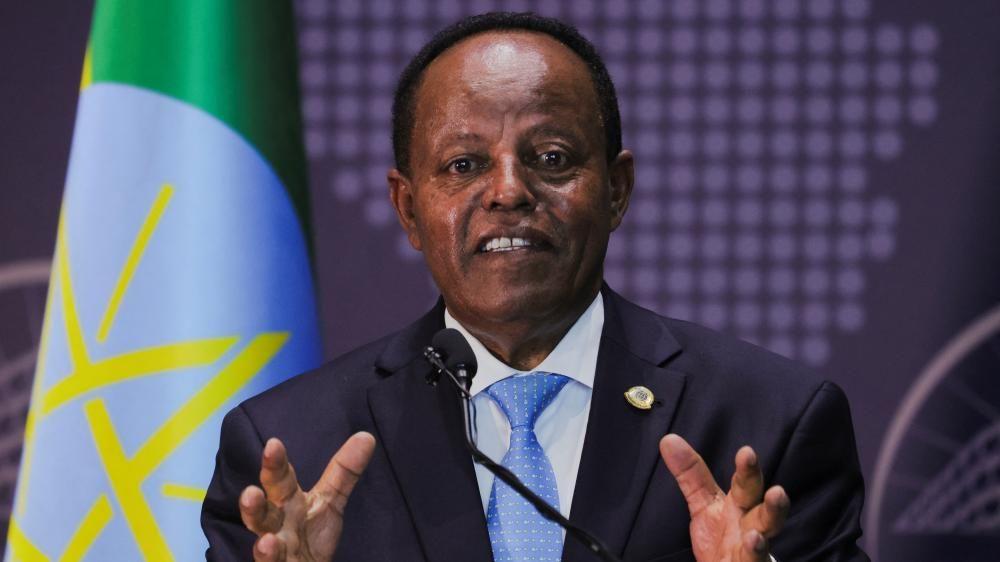Ethiopia’s parliament has approved the appointment of Taye Astike Selassie as the new president, succeeding Sahle-Work Zewde, the first woman to hold the position in the country. Taye Astike, who served as the foreign minister since February, has stepped into a largely ceremonial role amid ongoing political complexities. In Ethiopia’s political landscape, real power is concentrated in the office of the prime minister, currently held by Abiy Ahmed. The decision to appoint Taye comes at a time when Sahle-Work’s relationship with the prime minister had reportedly soured, following a strong initial endorsement from Abiy for her historic appointment in 2018, which marked a significant advancement for gender equality in the nation.
Sahle-Work Zewde’s tenure, which is coming to an end at the end of this month, has been characterized by peace advocacy across Ethiopia. However, she faced criticism for her perceived silence on issues, particularly concerning gender-based violence during the devastating two-year civil war in Tigray. Notably, her Twitter activity, which featured a brief and somewhat ambiguous message, suggested discontent over her leadership role, implying frustration from maintaining silence over pressing national concerns. Sources have indicated that the 74-year-old had been feeling unfulfilled for an extended period and was looking forward to her term concluding.
During her presidency, Sahle-Work called for peace amid the country’s many conflicts but appeared cautious in addressing specific crises. The ongoing violence in areas such as Oromia and Amhara has continued to escalate, with allegations of human rights violations, including crimes against humanity by security forces. An armed conflict in Amhara, largely involving federal forces and local militia groups, has resulted in substantial loss of life. This turbulent backdrop has made it increasingly difficult for Sahle-Work to navigate her role as president while advocating for nationwide peace and stability.
Taye Astike, the newly appointed president, brings a wealth of diplomatic experience to the position, having previously represented Ethiopia at the United Nations and served in diplomatic roles in Egypt. His close relationship with Prime Minister Abiy is likely to influence how he approaches his presidency, particularly in light of the ongoing tensions in various regions. Taye was sworn in formally in a parliamentary session marked with political significance and is expected to carry out his duties while adhering to the prime minister’s policies and directives.
The transition from Sahle-Work to Taye Astike alters the landscape of female leadership in Africa, with Tanzania’s President Samia Suluhu Hassan remaining the continent’s only female head of state following this change in Ethiopia. This shift has triggered discussions about the representation and role of women in leadership positions within Africa and whether further progress can be made towards balancing gender disparities at the political level. The dynamics of Ethiopia’s political climate will continue to evolve as new leadership takes shape amidst ongoing conflict and challenges.
As Ethiopia navigates these tumultuous times, marked by internal strife and complex political environments, the effectiveness of Taye Astike’s presidency will depend largely on his ability to address pressing issues while maintaining harmony with Abiy Ahmed’s administration. The country’s pressing need for peace, stability, and the resolution of violent conflicts will remain central to national discourse, influencing both current policies and future leadership decisions. The interplay between gender representation and political dynamics within Ethiopia will also be critical to watch as the nation moves forward from this significant transition in its leadership landscape.

